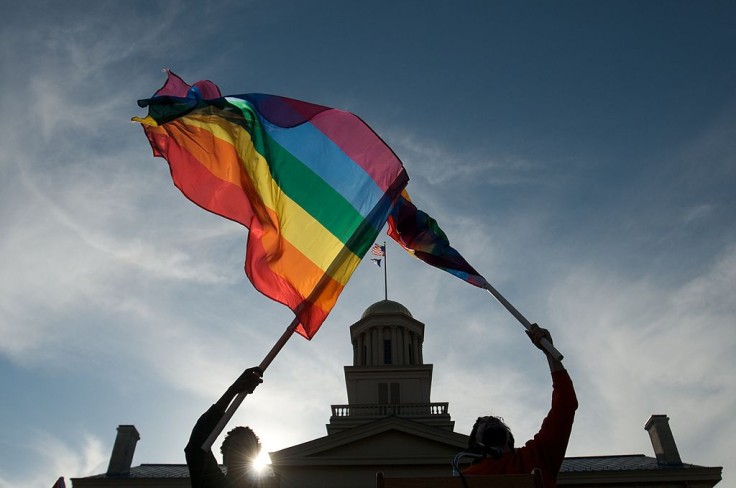
Iowa's federal judge, Stephen Locher, halts a controversial law that seeks to prohibit teachers from discussing LGBTQ+ education with children and to ban books in schools.
This landmark ruling came with heated debate from supporters on both sides as the law pushes for more content regulation in Iowa's educational institutions.
Iowa's Federal Judge Halts Book Ban in Schools and Dismissal of LGBTQ+ Education
The law, which was enacted by the Republican-led legislature and Republican Governor Kim Reynolds at the beginning of 2023, prohibits instructors from discussing gender identity and sexual orientation concerns with pupils up to the sixth grade and prohibits school libraries and classrooms from displaying books that portray sexual conduct.
However, the recent ruling of the federal judge halted both of those provisions from being enforced. When Reynolds started implementing the book bans, numerous teachers, librarians, and LGBTQ+ rights advocates expressed significant concerns.
They were vocal in opposing the bill and stated that it censored educational content in an unfair manner and made it more difficult to create inclusive learning environments.
The rule, which was scheduled to go into effect on January 1 but has already resulted in the removal of hundreds of books from Iowa schools, is halted in its execution as a result of the interim injunction issued by Judge Stephen Locher.
Judge Stephen Locher believes that the book ban in schools is incredibly broad, and as a consequence, it has led to the removal of history books, classics, novels that have won awards, and even books designed to help students avoid being victimized by sexual assault.
He also stated that it is highly unlikely that this particular provision of the law will satisfy the constitutional requirements for free speech.
Locher stated that the section that prohibited any discussion of "gender identity" and "sexual orientation" in primary school was "wildly overbroad" at the time it was created. This was the reason why the provision was removed.
Advocates Opposition the Iowa Law Celebrates
Two lawsuits were brought by opponents of the Iowa bill. One is on behalf of the nonprofit Iowa Safe Schools, while the American Civil Liberties Union of Iowa and Lambda Legal represent seven students.
The other is a collaboration between the Iowa State Education Association, Penguin Random House, and four authors.
The first lawsuit claims the bill is illegal because it violates the free speech and equal protection rights of students and instructors.
The second, which focuses on the book bans, claims that the statute breaches the First and 14th amendments.
The decision has provoked a wide spectrum of reactions. Advocates for LGBTQ+ education and opponents of the school book ban applauded the decision, considering it an important step toward maintaining educational variety and freedom.
Mike Beranek, Iowa State Education Association President, said in a statement that when education professionals return to work next week, they will be able to do what they do best: take excellent care of all their students without fear of retaliation.
Supporters of the Iowa law, on the other hand, express concern about losing control over school curriculum and content.
The topic continues to elicit strong emotions on both sides, revealing the intricate interplay between educational policy, individual rights, and community values.
Finally, the Federal Judge's decision to block the contentious Iowa statute marks a watershed point in the ongoing debate over LGBTQ+ education, book prohibitions in schools, and the role of school libraries in building inclusive learning environments.
This decision not only affects Iowa, but it also establishes a national precedent for how similar laws and regulations may be interpreted in the legal system.
As the regulatory framework for educational content evolves, this case will surely serve as a significant reference point for future conversations and legal conflicts.